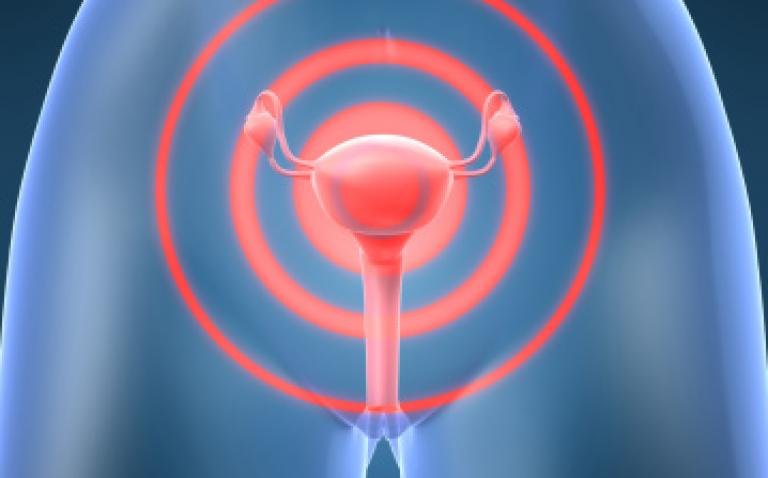Lengthy hospital stays may be a thing of the past for uterine fibroid patients at Spire Parkway Hospital in Solihull, West Midlands, where new minimally invasive magnetic resonance-guided focused ultrasound (MRgFUS) technology can now treat patients and return them home within just a day.
Spire Parkway Hospital is pioneering this breakthrough technology in the Midlands, becoming the first centre outside London and only the second in the UK to offer the innovative treatment to its patients.
Uterine fibroids are non-cancerous tumours that affect around 40% of women at some point in their life.[1] The growths are made up of muscle and fibrous tissue and can vary in size. Their exact cause is unknown. Symptomatic women suffer from extensive and prolonged menstrual bleeding, anaemia, pain, pressure and often infertility.
The most common treatments for uterine fibroids include hysterectomy, the full surgical removal of the uterus, and myomectomy, surgical removal of the tumour, both of which require painful surgeries, lengthy hospital stays and long recovery times.
The MRgFUS technology, which has now been installed at Spire Parkway Hospital, combines a high intensity focused ultrasound beam that heats and non-invasively destroys targeted tissue and magnetic resonance imaging (MRI) which visualises the patient anatomy and controls the treatment by continuously monitoring the tissue effect. MR thermal feedback, provided uniquely by the system, allows the physician to control and adjust the treatment in real time to ensure that the fibroid is fully treated and surrounding tissue is spared. The ‘ExAblate’ technology was developed by InSightec, a strategic partner of GE Healthcare, and is the first system to use non-invasive MRgFUS.
Paul Crowe, Consultant Interventional Radiologist at Spire Parkway Hospital, said: “For women suffering from uterine fibroids this cutting edge technology offers a totally non-invasive day case treatment option that can avoid the need for conventional open surgery. We are delighted to be at the forefront of this development and to have one of only a handful of dedicated uterine fibroids MRgFUS treatment units in Europe here in the Midlands. Moreover the technology offers exciting potential for future application in other disease conditions including various types of cancer”
Karl Blight, General Manager UK & Ireland at GE Healthcare, said: “MRgFUS is a non-invasive option for women suffering from uterine fibroids. It helps eliminate the need to carry out a hysterectomy and offers physicians a reliable, non-invasive alternative for treating women suffering from this condition.”
Ron Aginsky, Vice President of Europe Market at InSightec, said: “We are delighted that Parkway Hospital has added focused ultrasound technology to the spectrum of offerings they can provide to women seeking treatment for symptomatic uterine fibroids. Thousands of women have been successfully treated and have returned to normal activity and work quickly, and there are increasing numbers of published reports of successful pregnancies among women seeking to preserve their fertility.”
Uterine fibroids most often occur among women who are between 30 and 50 years old and in their prime working years, incurring high direct and indirect costs for healthcare systems and employers. In addition, nearly one in three women treated surgically for uterine fibroids had an adverse event, with approximately 7% re-treated within a year. MRgFUS is an outpatient procedure, allowing patients to return home the same day and back to work within one to two days.
Reference
1. See http://www.nhs.uk/Conditions/Fibroids/Pages/
Introduction.aspxSee










